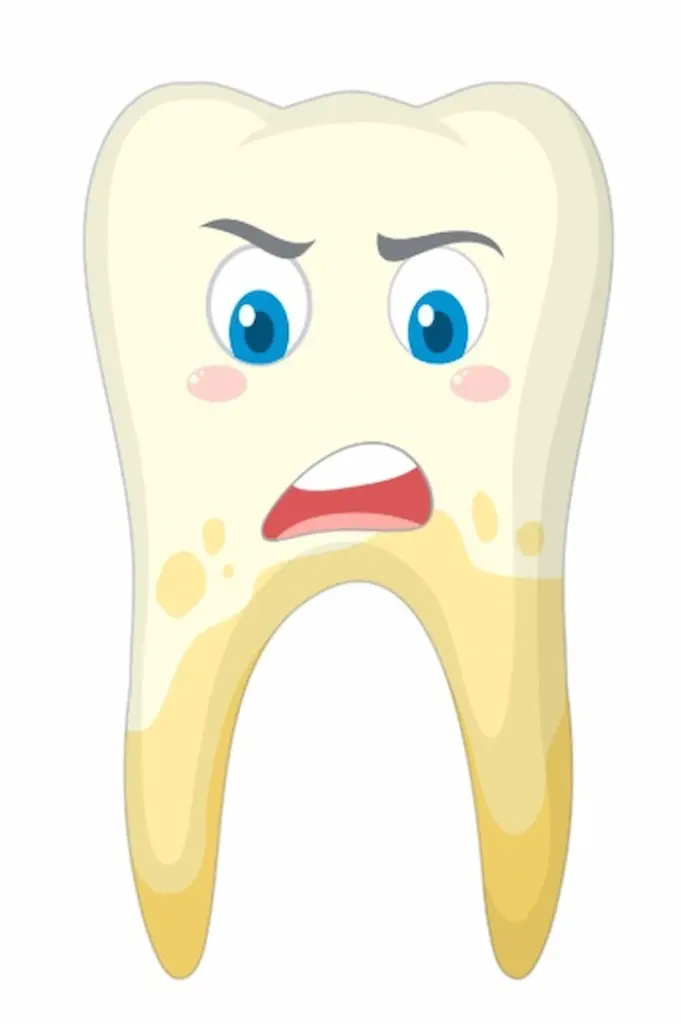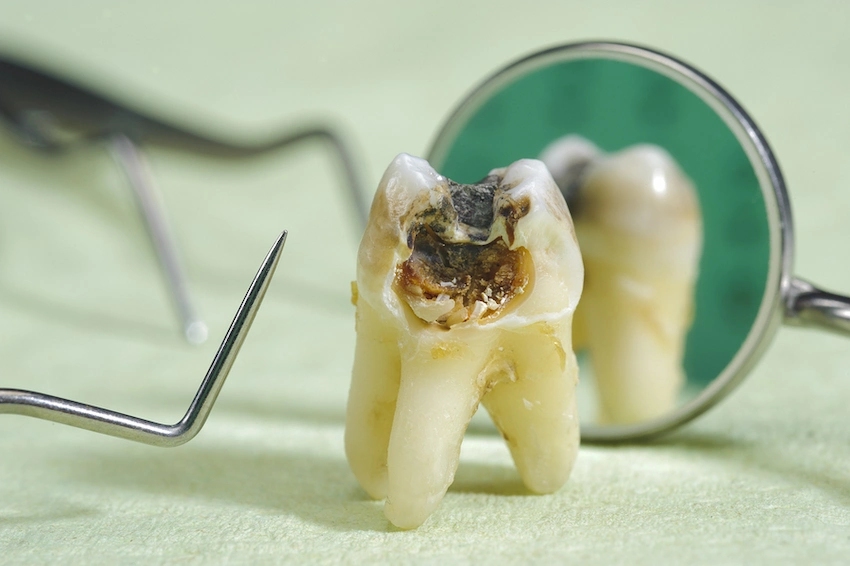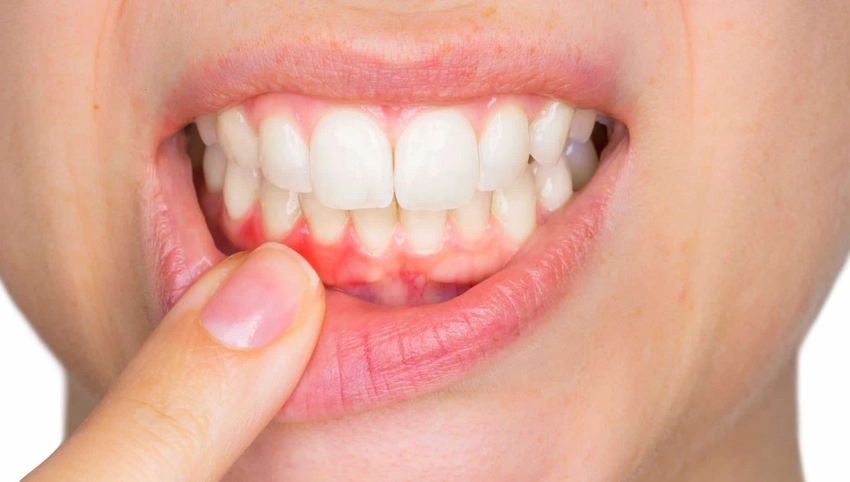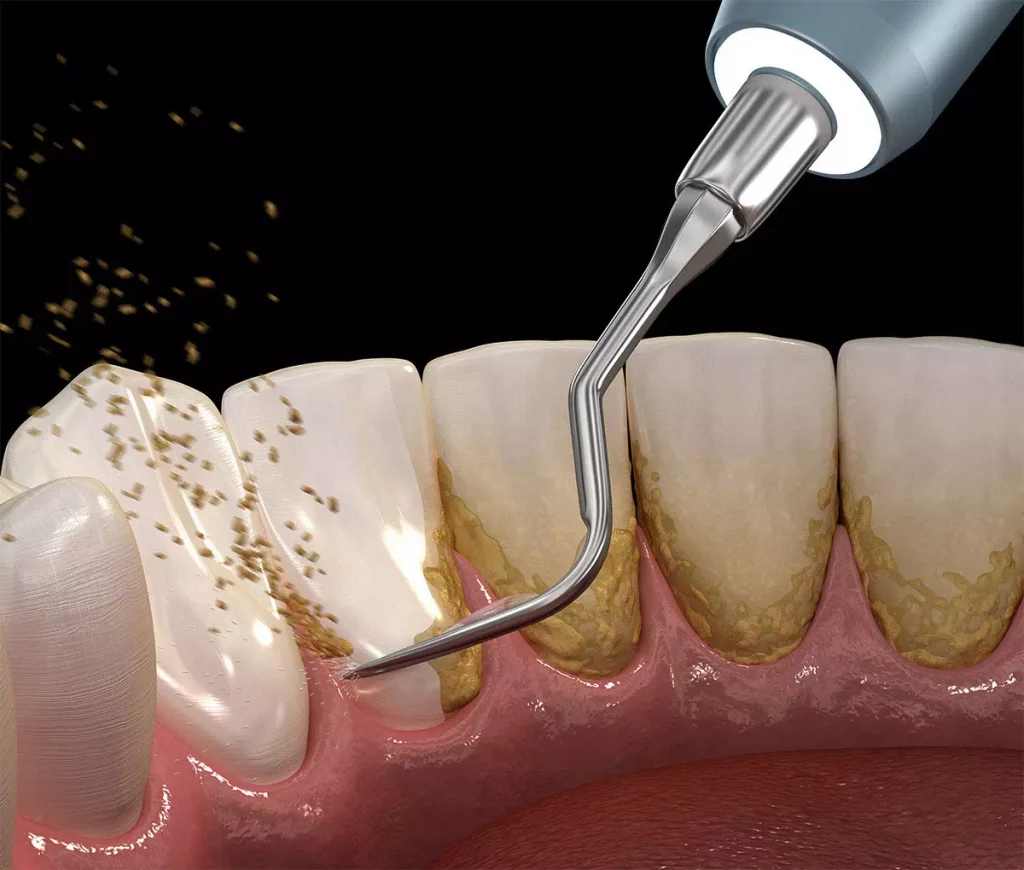🦷How To Deal With Rotten Teeth

Are you experiencing rotten teeth? Rotten teeth can be cured by dental hygiene, visiting a dentist, a healthy diet, and the elimination of sugary foods. This article will help you to uncover the root cause of tooth decay as well as provide a plan for success from prevention to treatment, not only in getting to know the proven ways and means of decay but also in equipping you with pragmatic strategies to regain your lost smile and self-confidence.
Causes of Rotten Teeth
Rotten teeth are primarily the product of various factors that impair oral health. The most important cause of this is the lack of hygiene, which allows the formation of a significant amount of plaque on the teeth. Therefore, plaque is a sticky film composed of bacteria. When the process of plaque removal, i.e., cleaning and flossing, is not done regularly, it’s likely to happen that it becomes tartar, which is even harder to clean, thus being one of the reasons in addition to decay. Moreover, the significant consumption of sweet and sour foods will also be a direct cause of tooth decay. The sugar intake is the food for the bacteria in our mouth; in the end, the sugar is converted to acid, and the tooth’s re-mineralized substances (enamel) are removed, thereby causing tooth decay. There are also other significant causes of bad teeth, including:
- Xerostomia: The absence of foul breath is caused by a lack of saliva, which neutralizes the pH level in the mouth and washes away residues.
- Systemic diseases: Diseases such as diabetes can result in an imbalance in blood sugar and, therefore, raise susceptibility to dental problems.
- Specific drug treatment: The side effects of some medications may be co-occurring with the emergence of dry mouth, changing the taste, or decreasing the oral hygiene of the affected person.
Symptoms of Rotten Teeth

The fastest prevention of further damage resulting from rotten teeth may be through early recognition of the symptoms. Check what the most common symptoms are:
- Toothache: A pain that keeps coming back in your tooth, which is usually more severe as you eat or drink.
- Sensitivity: It is more than likely that exposure to temperature or sweet foods that are particularly severe will indicate some form of tooth decay.
- Discoloration: The tooth that has darkened or appears yellowish is probably decayed.
- Bad breath: The accumulation of bacteria and the process of decay cause the emission of an unpleasant odor in one’s breath.
- Swelling or redness: The inflammation and redness of the gums around the affected tooth might be observed.
- Loose teeth: The intensive cavities allow the occurrence of teeth that are shaky or lost.
These symptoms will make it easier for you to have your teeth decay taken care of and your oral health improved without delay.
Preventing Rotten Teeth
Stopping teeth from decaying is vital for protecting good oral health. Adopting the best dental hygiene habits can dramatically cut the onset of dental caries down dramatically. The following are the most important things to stop this from happening:
| Action | Description | Frequency |
| Brushing | Brush your teeth using fluoride toothpaste to remove plaque and food particles. | Twice a day |
| Flossing | Use dental floss to clean between your teeth where your toothbrush can’t reach. | Daily |
| Regular Check-ups | Visit your dentist for professional cleanings and examinations. | Every 6 months |
| Healthy Diet | Consume a balanced diet and limit sugary snacks that can contribute to tooth decay. | Daily |
| Use Mouthwash | Incorporate an antibacterial mouthwash to help reduce oral bacteria. | Daily |
Home Remedies for Rotten Teeth

In case you are facing troubles with tooth rotting, some natural remedies can be used to relieve pain and save teeth from further damage. There are numerous solutions for this.
| Remedy | Description | Usage |
| Oil Pulling | Swish coconut or sesame oil in your mouth to help reduce bacteria and promote oral health. | Daily for 10-20 minutes |
| Saltwater Rinse | Mix salt in warm water to create a mouth rinse that can help reduce inflammation. | 2-3 times a day |
| Baking Soda | Brush teeth with a paste of baking soda and water to neutralize acids in the mouth. | Once a week |
| Turmeric Paste | Apply a paste made from turmeric and water to reduce pain and inflammation. | As needed |
| Clove Oil | Apply clove oil directly to the affected area to relieve pain due to its analgesic properties. | As needed |
Professional Treatments for Rotten Teeth
Once you start experiencing rotten teeth, taking up a professional treatment will be the only option left to restore your oral health and make sure that the decay and infection do not continue. The dentist determines the kind of solution depending on the level of decay; most of the time, one or more following methods are selected:
- Fillings: When decay is at the very initial stage, the dentist will just remove the decayed part and fill the vacant space with materials like composite resin or amalgam.
- Crowns: If there is extensive tooth damage, a crown is required to restore the original tooth size and function.
- Root Canals: In the case of a tooth that has its pulp decayed, the root canal process can be executed so that the tooth gets cleaned out and cleansed, and finally sealed to stay.
- Extractions: Teeth that are deemed impossible to be saved are better to be extracted by the dentist, and later, then the patient may consider having either implants or bridges as a replacement.
Timely intervention can halt the worsening of the situation and maintain good overall dental health.
Impact of Rotten Teeth on Oral Health

The oral cavity is a refuge for the largest number of bacteria, which indicates the danger that is lurking there. Among the most dangerous effects of tooth decay are mentioned here:
- Pain and Discomfort: A decaying tooth can cause inflammation, a stimulus for pain, and sensitivity, thus causing difficulty when you eat or drink.
- Infection: Bacteria can attack through the pinholes, leading to the cavities pushing further inside. This process is very painful and harmful, and may extend to adjacent tissues and organs.
- Bad Breath: The unpleasant breath that is typical of rotten teeth is known as chronic halitosis. The constant smell of this kind can lead to a social handicap affecting the relationships of an individual with others.
- Jaw Problems: Dental crowding due to the decay of the tooth is the cause of opposition to the stem, which gives rise to pain in the jaw and other characteristics of dental problems.
One should take care of teeth and maintain them healthy, since if it is not done, rot will lead to serious conditions and cause complications, which could be very expensive to cure later on.
FAQ: How To Deal With Rotten Teeth
Rotten teeth, or dental caries, are commonly caused by poor oral hygiene, frequent sugary food consumption, and lack of regular dental check-ups. Bacteria in the mouth feed on sugars and produce acids that erode tooth enamel, leading to decay.
To prevent tooth decay, practice good oral hygiene by brushing twice a day with fluoride toothpaste, flossing daily, and limiting sugary snacks and beverages. Regular dental visits for cleanings and check-ups are also crucial for maintaining dental health.
If you suspect you have a rotten tooth, make an appointment with a dentist as soon as possible. The dentist can assess the damage and recommend treatment options, which may include fillings, crowns, or root canals, depending on the severity of the decay.
While some home remedies may help alleviate discomfort, such as rinsing with saltwater, they are not substitutes for professional dental care. It’s important to see a dentist for appropriate treatment of rotten teeth to prevent further damage and complications.
Ignoring rotten teeth can lead to severe consequences, including pain, infection, tooth loss, and systemic health issues. Untreated decay can spread to surrounding teeth and gums, leading to periodontal disease and other complications.




